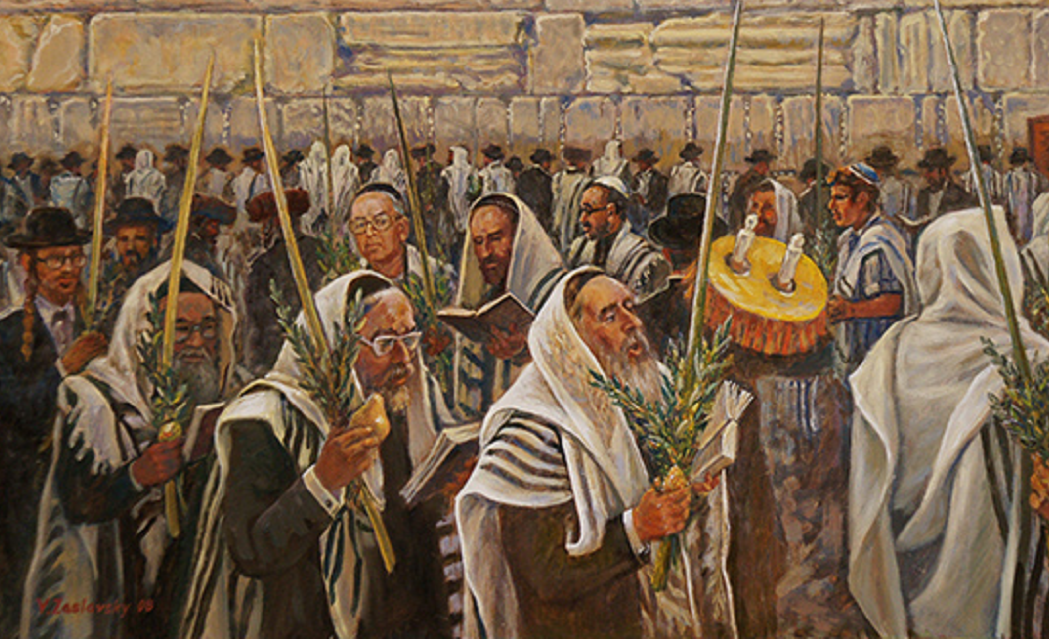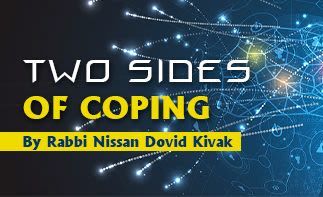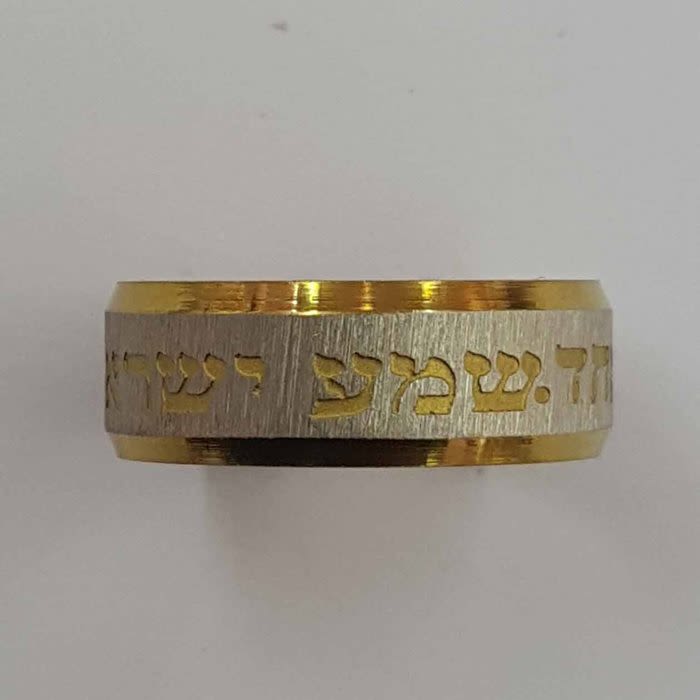
There’s No Sadness in the World
Sadness and remorse are major blemishes in emuna. If we haven’t yet succeeded in reaching our goals, then we simply need more effort...

And he was very remorseful…
Apparently, the viceroy’s remorse is clearly understandable: He invested tremendous effort in locating the princess, and once he finally found her, he was forced to complete another year of extreme effort. And here, at the very last minute, he failed! What a disappointment!
In truth, sadness and remorse are major blemishes in emuna. The viceroy must understand that if he has not yet succeeded in redeeming the princess, he’s not yet worthy of redeeming the princess. He still needs more prayer and more emuna to fulfill his task.
The proof is that the viceroy went to rescue the princess with open eyes. One can’t obtain the princess – emuna – with open eyes!
It’s impossible to rescue emuna without being connected to emuna. Why open your eyes when there’s nothing to see but Hashem? Our consolation to the viceroy is this: Since you’re not yet on the level of emuna where you can redeem the princess, be happy that you didn’t redeem her! Be happy that you now know your true spiritual level, namely, that you need more work. False success clouds judgment; be happy that you haven’t fooled yourself. Keep on working and praying, and with desire, you’ll eventually succeed.
Lifelong Work
Any remorse a person has stems from the fact that he’s striving for the outcome rather than for the work. A person that desires to serve Hashem should be interested in the service and not in the results. He or she should simply love to serve Hashem. If the service of Hashem means more prayer and more effort, then he or she should be happy with that.
A goal-oriented person regards attaining his goal as the completion of his task. Afterwards, he thinks he can sit out on the beach and relax, because the work is over. In the service of Hashem, such an outlook is totally wrong, for there’s always more work to do. As long as one lives, there’s more to do. In that respect, the viceroy’s remorse is unjustifiable. He’s serving the king, and before he continues to a new task, he has more work to do at the present task. Why be sad?
The trials and challenges that are sent to a person are merely tests designed to show that person where he or she is really holding on the spiritual ladder. If Hashem helps us to succeed in our test, it’s a sign that we’ve reached and earned a given spiritual level. Hashem knows that we won’t rest there on our laurels, but will continue to work hard and strive for more. Hashem gives us challenges to uplift us, making us constantly strive for more, just as a coach makes his weightlifters lift a little more every day, so they’ll get stronger and achieve new heights.
If a person doesn’t succeed, there’s no mistake – he simply isn’t prepared to pass the test. The fact that he was looking for results, reward, and relaxation means that he is not yet deserving of that particular spiritual level. Therefore, Hashem doesn’t enable him to succeed, so that he’ll learn his proper place, namely, that he has much more work to do. Rather than falling into sadness, depression and disappointment, he should rise to the challenge, strengthen his prayers and yearning for Hashem, and make his best effort until Hashem helps him cling to a new and higher dimension of emuna. Only then, will he be ready to redeem the princess.
The Joy of Recognition
When a person doesn’t succeed in one of life’s tests, then he should thank Hashem profusely for not giving him false success, illusions of grandeur, and spiritual levels that he doesn’t deserve. The greatest joy is recognizing one’s own reality – where we stand and our task at hand. We should continue to serve Hashem with patience and perseverance, yearning and praying with joy and with complete faith until we achieve the next higher level that we’re striving for. Once we’re truly worthy, Hashem will give us our new madregah (spiritual level), beautifully and wonderfully; we’ll know that it comes from Hashem. As such, we won’t feel conceited; we’ll simply strive for more.
This is exactly what the princess is instructing the viceroy in the continuation of our tale: Go find a new place, stay there for a year, and so forth. The princess is telling the viceroy to continue praying and yearning, for experience has shown that his efforts haven’t been adequate to accomplish the task at hand. Sadness and despair contribute nothing.
So he returned there and found her. And she revealed her great distress to him…
The princess’s sorrow, an allusion to the sorrow of the Shechinah, or Divine Presence, is not a blemish in emuna. Her sorrow is true sorrow, the sorrow of holiness that people are trapped in darkness so far away from emuna that they can’t see Hashem’s magnificent Divine Providence over all of His creations.
In truth, were it not for the viceroy’s sorrow, the princess wouldn’t have been distressed at all. Her only sorrow is the concealment. If the viceroy would have believed that his failure was also from Hashem, then the continuation of his task would have been much easier, and the princess wouldn’t be so upset about him.
To be continued.













Tell us what you think!
Thank you for your comment!
It will be published after approval by the Editor.